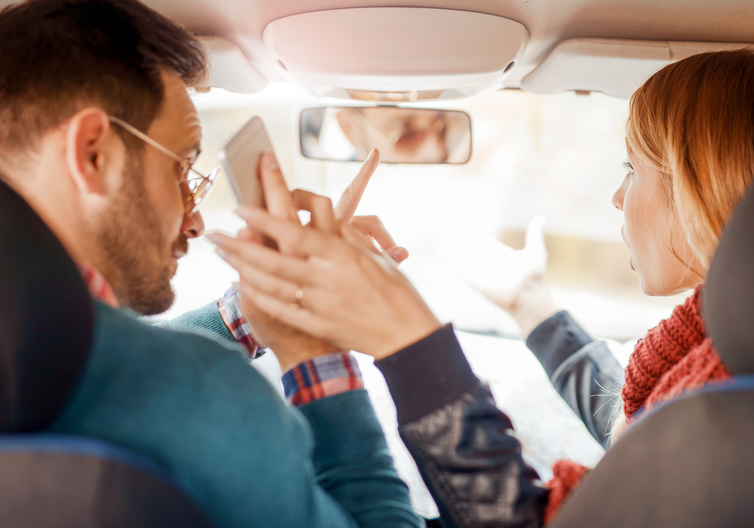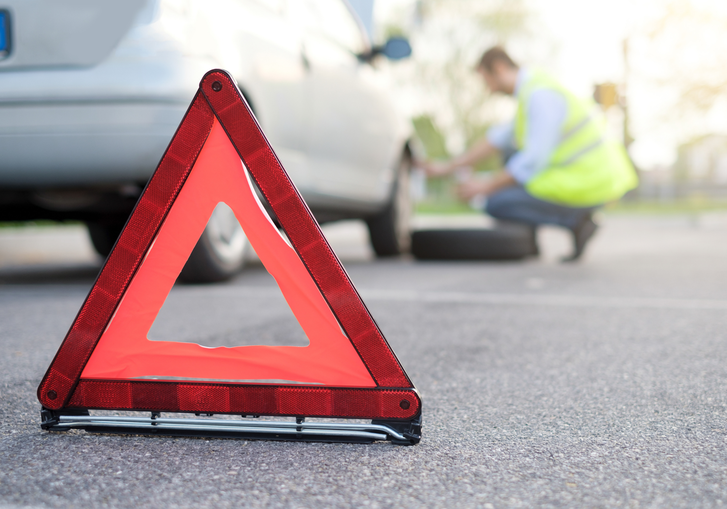Having a car is a privilege that can be taken away should teenage drivers show they are incapable of being safe motorists. Here are some quick tips to share with your children to ensure they keep sharp eyes on the road and pay attention to their surroundings.
Safety is a Must

Don’t Get Complacent
Be Prepared for Emergencies

Bonus emergency preparedness tips: It’s also good to toss in an old cell phone that’s charged in case of emergencies, as out-of-service devices can still make emergency calls to 9-1-1. Go over how to change a tire, advise young drivers to never let their gas tanks get below one-quarter full, and make sure your teen knows how to read a map in case he or she is lost or stranded without good cell service. You can also store the number to your local towing company in case you need to call for a tow.
Be Careful Near School Zones and in Neighborhoods
Program Emergency Numbers Into Their Phones

Your teen likely knows to call 9-1-1 in the event of a true emergency, but what happens if their car runs out of gas, gets a flat, or otherwise breaks down? Having the number of a trusted towing partner stored in their phone is essential to getting them back on the road in no time.

